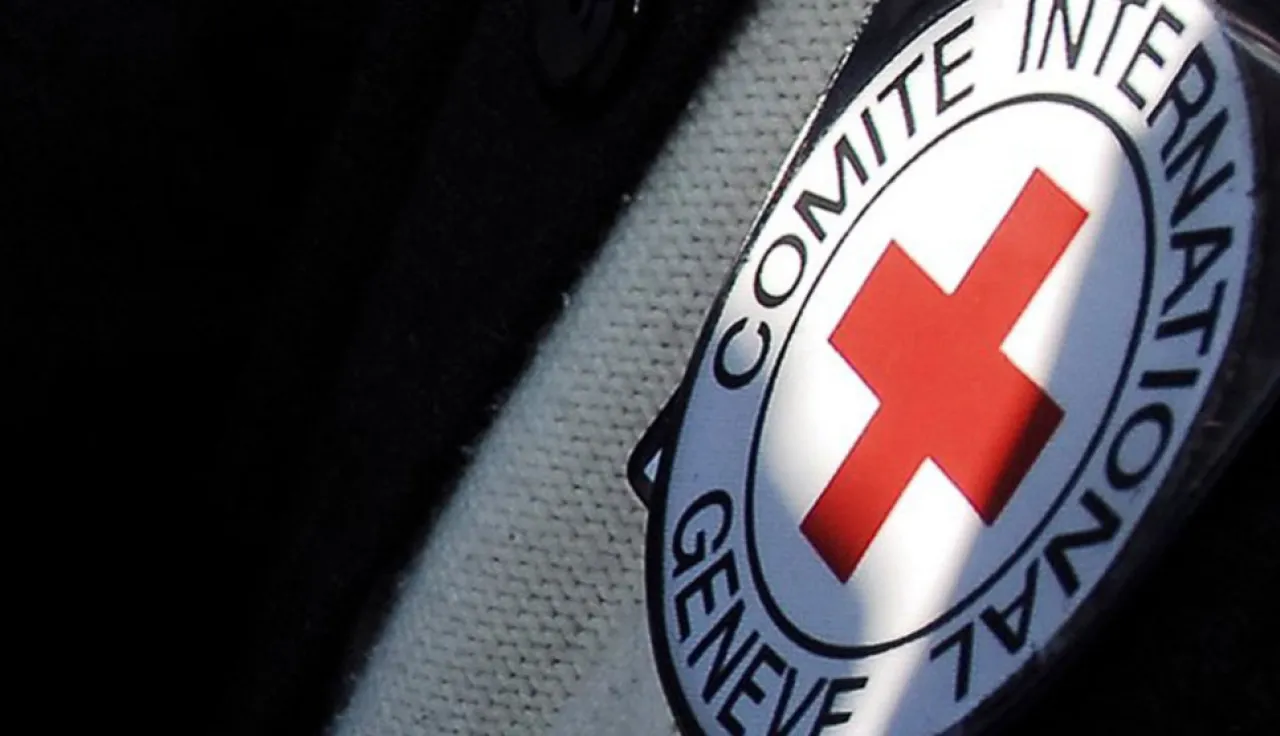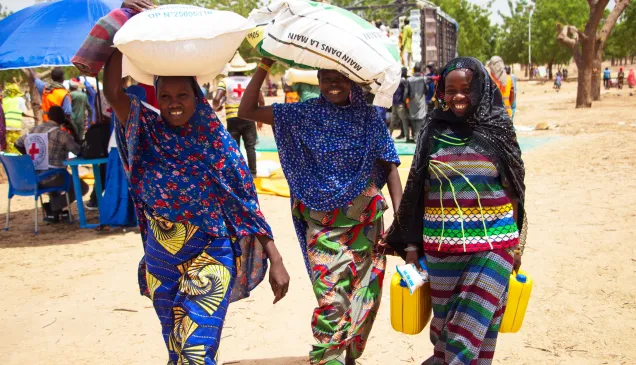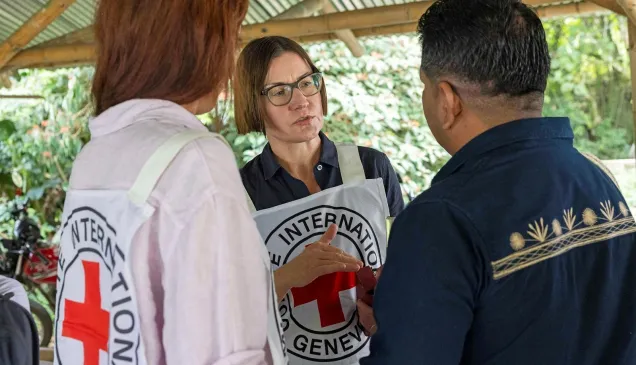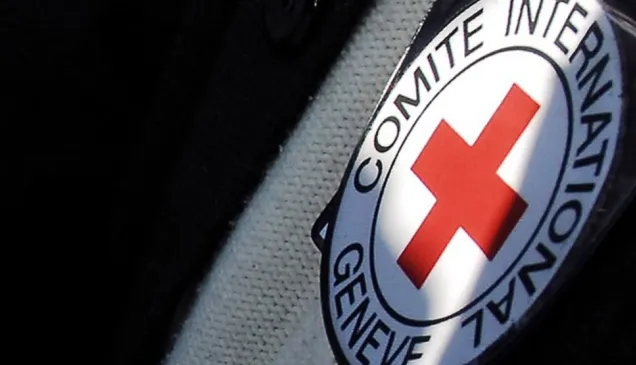Ladies and gentlemen, valued colleagues:
Here is a horrifying number: 120.
More than 120 armed conflicts rage across the globe today. While only a few capture global attention, millions of people endure suffering in wars that rarely make headlines.
Given these staggering figures, we cannot lower our standards, diminish our ambitions, or relax the benchmarks for humanity. International humanitarian law exists to reduce suffering in conflict. If it is not applied now, in this moment of urgent need, when will it be?
Article 1 of the Geneva Conventions states: “The High Contracting Parties undertake to respect and ensure respect” for these conventions in all circumstances. You are those High Contracting Parties. It is not enough to condemn violations from afar. States must use every tool at their disposal to prevent and end the violations that drive human misery.
The five resolutions underpinning this year’s International Conference each address critical areas of humanitarian action. Of particular importance, as armed conflicts continue to ravage the world, is the resolution on building universal compliance with international humanitarian law, urging states to strengthen legal frameworks and uphold humanitarian principles.
The Geneva Conventions provide the ICRC with a unique mandate as a neutral and impartial humanitarian organization, to work for the protection and relief of civilians, prisoners of war, and to promote adherence to IHL in armed conflict. This work is vital for safeguarding human dignity—whether providing care for the wounded or reporting IHL violations directly to the parties concerned.
To carry it out effectively, we must adhere to neutrality and independence. Confidentiality enables our neutrality. Access to those most in need is our foremost priority. Neutrality endures across all conflicts. No matter the situation, region, or actors, the ICRC stands for neither Side A nor Side B. We work on behalf of war’s victims.
National Societies are key promoters of IHL. With deep roots in communities and as auxiliaries to governments in the humanitarian space, your work is crucial in helping governments uphold obligations, and safeguarding humanitarian principles that enable impartial and effective humanitarian action.
The core of IHL endures, adapting as warfare evolves with new technologies and methods. It remains flexible enough to encompass these changes without compromising its essence. IHL is not static; it has always progressed in response to technological advancements and new weapon systems.
Every resolution, decision, and commitment made here is for those enduring conflict, disaster, and emergencies. Our work reaffirms the need to prioritize humanity above all and highlights a key principle: universality. The universality of suffering demands a universal response.
Esteemed colleagues:
This Conference is the most important international platform ensuring a non-politicized space to support people in crisis. I expect us all to preserve this space and work with the National Societies, the Federation and the ICRC to ensure the Red Cross and Red Crescent spirit prevails, guiding the world through uncertain times. Protect what our Movement stands for: neutrality, impartiality and independence, and what unites us: humanity.
I say again: This is not the time to lower standards, ambitions, or benchmarks. Now is the moment for international humanitarian law to be applied, and for humanity to prevail.
Millions of people suffering in conflict are counting on it.




